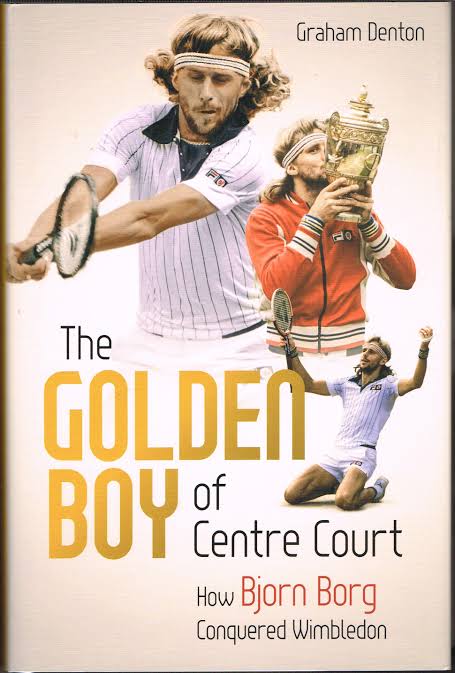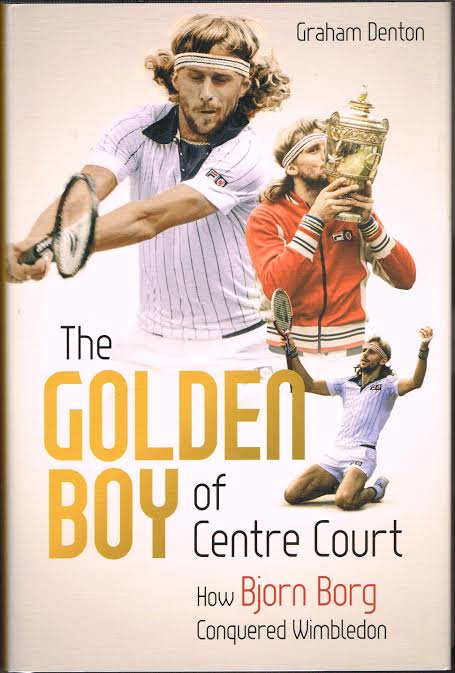
Bjorn Borg: The Golden Boy Who Conquered Wimbledon.
Bjorn Borg, often referred to as the “Golden Boy” of tennis, remains one of the most iconic figures in the sport’s history. His journey from a young Swedish prodigy to a global phenomenon who dominated the grass courts of Wimbledon is nothing short of legendary. Borg’s reign in the late 1970s and early 1980s cemented his legacy as one of the greatest players to have ever graced the game.
Born on June 6, 1956, in Södertälje, Sweden, Borg’s interest in tennis was sparked by a golden racket his father won in a table tennis tournament. From an early age, his incredible athleticism and cool demeanor were apparent, traits that would later define his career. By the time he entered the professional circuit in 1973, he was already making waves with his aggressive baseline game and unshakable focus.
Borg’s most remarkable achievements came at Wimbledon, a tournament that demands excellence, resilience, and adaptability. At a time when grass courts favored serve-and-volley players, Borg defied expectations with his baseline dominance. His powerful topspin forehand and unmatched speed allowed him to outplay his opponents in an era where his style was seen as unconventional for the surface.
Borg’s Wimbledon journey began humbly, but it was in 1976 that he truly announced himself to the world. At just 20 years old, he claimed his first Wimbledon title, defeating Ilie Năstase in straight sets. His victory marked the beginning of an extraordinary streak. Borg would go on to win five consecutive Wimbledon championships from 1976 to 1980, a record at the time and a feat that earned him his “Golden Boy” nickname. His dominance on the grass courts was unrivaled, and he became the epitome of grace under pressure.

Perhaps the most memorable moment of Borg’s Wimbledon career came in 1980, during the final against John McEnroe. The match is widely regarded as one of the greatest in tennis history. It was a clash of styles and personalities: Borg, the ice-cold Swede, versus McEnroe, the fiery American. The match reached its climax in a dramatic fourth-set tiebreak, which McEnroe won 18-16, only for Borg to come back in the fifth set and clinch the title. The epic battle showcased Borg’s mental fortitude and cemented his place in tennis lore.
Borg’s achievements extended beyond Wimbledon. He also claimed six French Open titles, proving his versatility across surfaces. His unique ability to transition from clay to grass courts with such consistency remains unparalleled. In total, Borg won 11 Grand Slam titles during his career, a remarkable number considering he retired at the young age of 26.
Off the court, Borg’s charisma and style made him a global icon. With his long blonde hair, headbands, and cool demeanor, he became a symbol of tennis’s golden age. Fans across the globe adored him, and his matches drew unprecedented attention to the sport. Despite retiring early, his impact on tennis was profound, inspiring generations of players who followed.
Bjorn Borg’s legacy is one of unparalleled dominance and poise. Known as the “Golden Boy,” he conquered Wimbledon and the hearts of millions, leaving behind a legacy that continues to inspire the tennis world. Even decades after his retirement, Borg’s name is synonymous with excellence, and his contributions to the sport remain timeless.
Leave a Reply